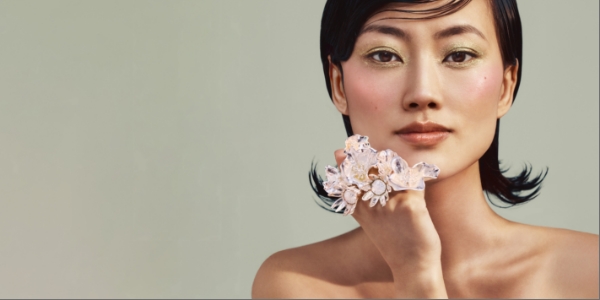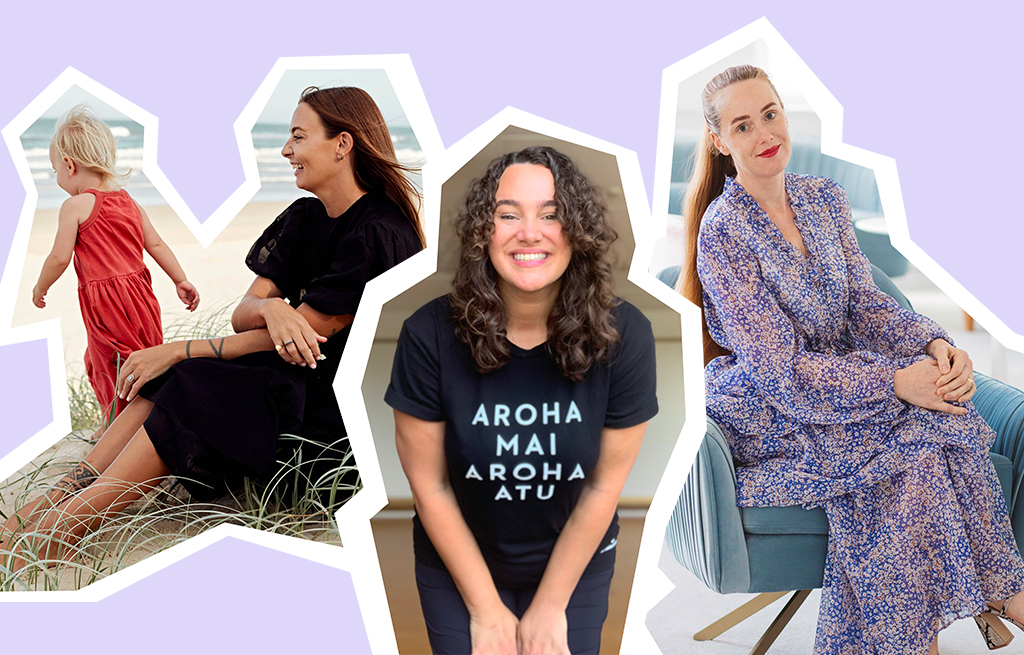
While there’s no one-size-fits-all approach to dealing with mental illness, there are myriad steps we can all take to change how we act, speak, learn, and seek help to improve our mental wellbeing.
We caught up with three Kiwi women—Kelly Müller of Bonny Co, Kristina Cavit of The Kindness Institute, and Elle Belushi of Girls Minds Matter—all with the common goal of creating accessible tools, resources, and education to help deal with, and lighten the load on our mental wellbeing.
As The Kindness Insitute co-founder Kristina Cavit and Girls Minds Matter co-founder Elle Belushi both state—kindness, self-growth, and healing has a “ripple effect”. When it comes to mental wellbeing, we must be the change we wish to see, and that’s exactly what these trailblazing women have set out to do in their own unique ways.
Kelly Müller, co-founder of Bonny Co
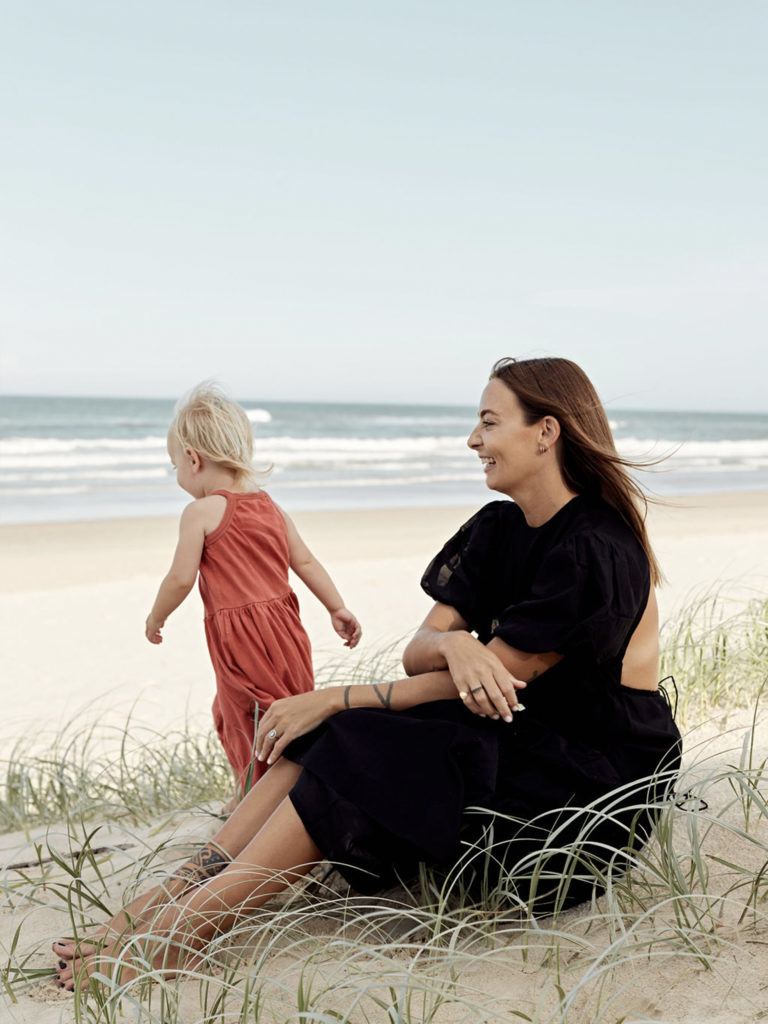
One of my dear friends Ollie and I initially dreamed up Bonny Co as a platform that would support families through modern parenthood. This would have seen us recruit doulas and home helpers so we could help to make the emotional, physical, and mental load less heavy in those precious postpartum weeks and months. During the development stage, I devastatingly lost my best friend Michele—also a friend of Ollie’s—to depression and it amplified my desire to help as many people as we could. This, combined with issues with insurance and Covid meant we pivoted, and Bonny Co evolved into what you see today.
Normalising mental health is extremely important to me. Michele and I had been friends for 16 years and I saw different states of her wellbeing during that time. I tried to constantly learn how to be a better support person and listen to ways in which I could help her—I think that’s something we all need to be better at. I’m not perfect and I certainly don’t have all the answers, but I will never stop trying. I wish with all my heart that one of the things I said could have been the change for her; I saw how hard she tried to overcome her battles and still, the illness was bigger than her.
I believe that there are many things broken with the way we approach mental health—from the actual cost of becoming a psychologist or mental health professional in the first place (who we all need so desperately), the wait times, and the one-size-fits-all mental health plans, to the lack of education around it, outdated stigmas and avoidance, and the feeling of embarrassment and shame.
We definitely need better access and availability for those in crisis (without the huge costs and wait times) but we also need to normalise therapy as a preventative as well. If we injure our backs during exercise, we don’t think twice about asking someone for a recommendation for a physio. When we need dental work done, we happily ask around for the best dentist; shit, asking someone where they get their Botox is commonplace so why are we so scared to ask where people go for therapy?
The narrative we often hear is that ‘we need to spread awareness’ but I think awareness is only impactful when there is action. If you’re a friend or family member of someone experiencing mental illness, educate yourself. If your loved one had a disability, you would find ways to make their lives easier and I feel that the same should be done for those battling their mental health. Listen to podcasts, read books, ask them how they like to be spoken to or how they like to be helped. Stop being so judgemental. Be kind, always. Our state of mental being isn’t something that we choose—there are certainly ways we can help ourselves, but it often stems from our own childhood or past trauma, so I think we all need to be more aware of what we say and how we say it.
Kristina Cavit, founder of The Kindness Institute
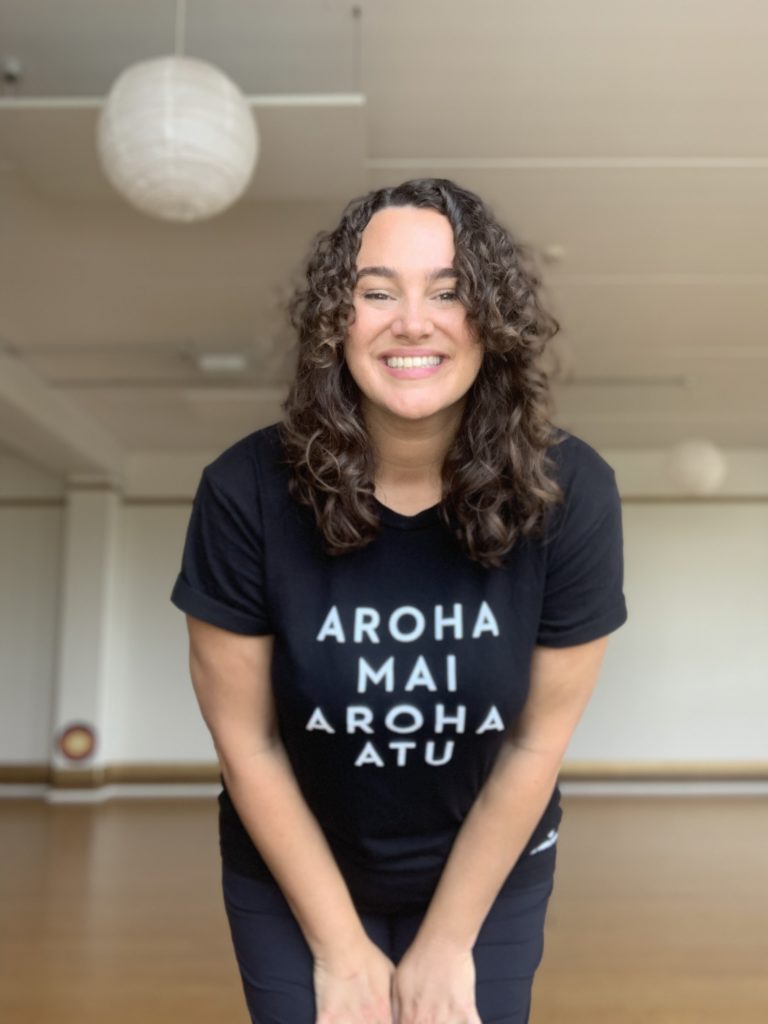
I started The Kindness Institute out of a need from the community. The rangatahi I worked with were struggling, and to my surprise, they loved practising mindfulness, yoga, and wananga about mental health. There was so much need and mental health wasn’t being taught. We teach all sorts of subjects in school but are missing out on the most important lesson—how to deal with life when things get tough.
My dream is that all young people throughout Aotearoa will have access to the tools they deserve to overcome challenges. I believe that our program should be in all schools, available to all teachers and rangatahi so that we can end our youth mental health crisis.
We all have mental health, and we feel better when we take care of it. It’s not weak to speak up about your hauora. In fact, the most talented and successful people I know are those who have the ability to take care of their minds and emotions. Not taking care of our mental health is the most damaging thing we can do. When we learn to be kind to ourselves, this has a ripple effect on all of those around us.
We need to break down our toxic “toughen up” culture by learning to take care of our challenging emotions. We need to change the conversation around mental health and teach our young people that their mental health is more important than their success. It’s important for whanau to get behind our kaupapa—watch our online mental health series, and do our teacher training so that more young people can benefit from learning to take care of their mental wellbeing. Giving young people the skills to deal with stress and negative emotions is vital for their mental health.
It can be good to try things that might seem lame or out of your comfort zone. I hated mindfulness when I first tried it—I found it impossible. But after a while, I started to feel a sense of calm that I didn’t think was available to someone like me. I think it saved me.
Elle Belushi, co-founder of Girls Minds Matter
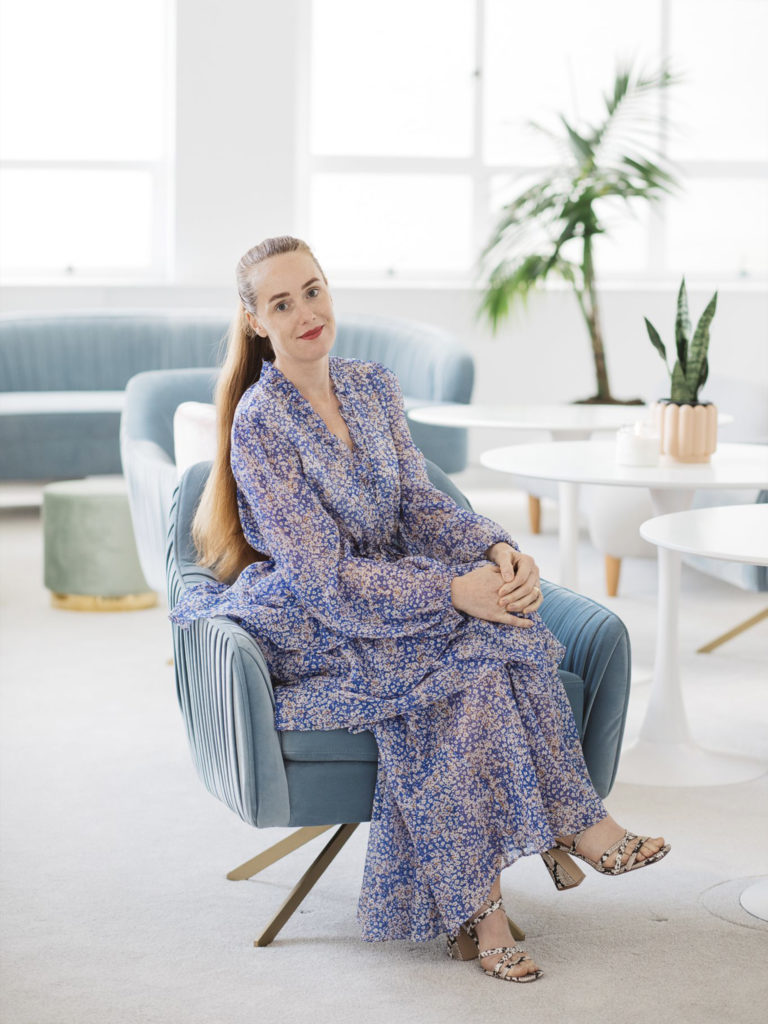
We took the plunge to start Girls Minds Matter, creating a beautiful, uplifting and inspiring space for teens and young women, where we could offer peer support and mentorship around well-being—something we wished was available growing up. My co-founder Sorcha Wolnik and I have both coached women for years and now for the first time, we are launching our online program for women, The Fulfilled Woman, next month. We are passionate about sharing our wisdom and expertise on how to lead authentic and empowered lives, while also navigating family, business, and lifestyle.
Sorcha and I met as she was my midwife to all three of our children. Becoming a mother is a massive transition mentally and emotionally—Sorcha held that space for me and we discovered we had really similar backgrounds with our mental health journey. Our struggles started really young as pre-teens and carried on longer than we wanted to admit. As Sorcha is a mother to three beautiful daughters in the pre-teen and teenage years, we were witnessing firsthand the same struggles we had navigating the teen years. Our midwifery appointments would end up hours long, sowing the seeds of how we could support teens so that they don’t carry these same struggles into their adulthood.
Our strength has come from our lived experience with mental illness and our many more years of self-discovery and growth. This compassion and understanding enables us to build trust with our clients, allowing them to know that they are not alone in their feelings. We have personally transformed our lives—from hitting rock bottom, feeling stuck and unfulfilled, to rising above and living truly authentic and joyous lives. Our mission is to share this wisdom, experience, and learning to show women and teens the processes and techniques to move away from self-limiting beliefs and step into a life that they are so worthy of. Our hope is that all women feel supported, connected, and empowered.
Self-growth and healing has a ripple effect. If we can get more organisations to teach these tools to teens and women we can start to change the narrative around mental health. These initiatives need to be available in all schools, not only for students, but also teachers. Organisations need to be looking at how they can support their staff, training managers in leadership, wellbeing, and vulnerability so that their employees feel safe to openly talk and seek support when needed. We need to move away from comparison, judgement, and competition and become a community that supports, uplifts, and inspires one another.










